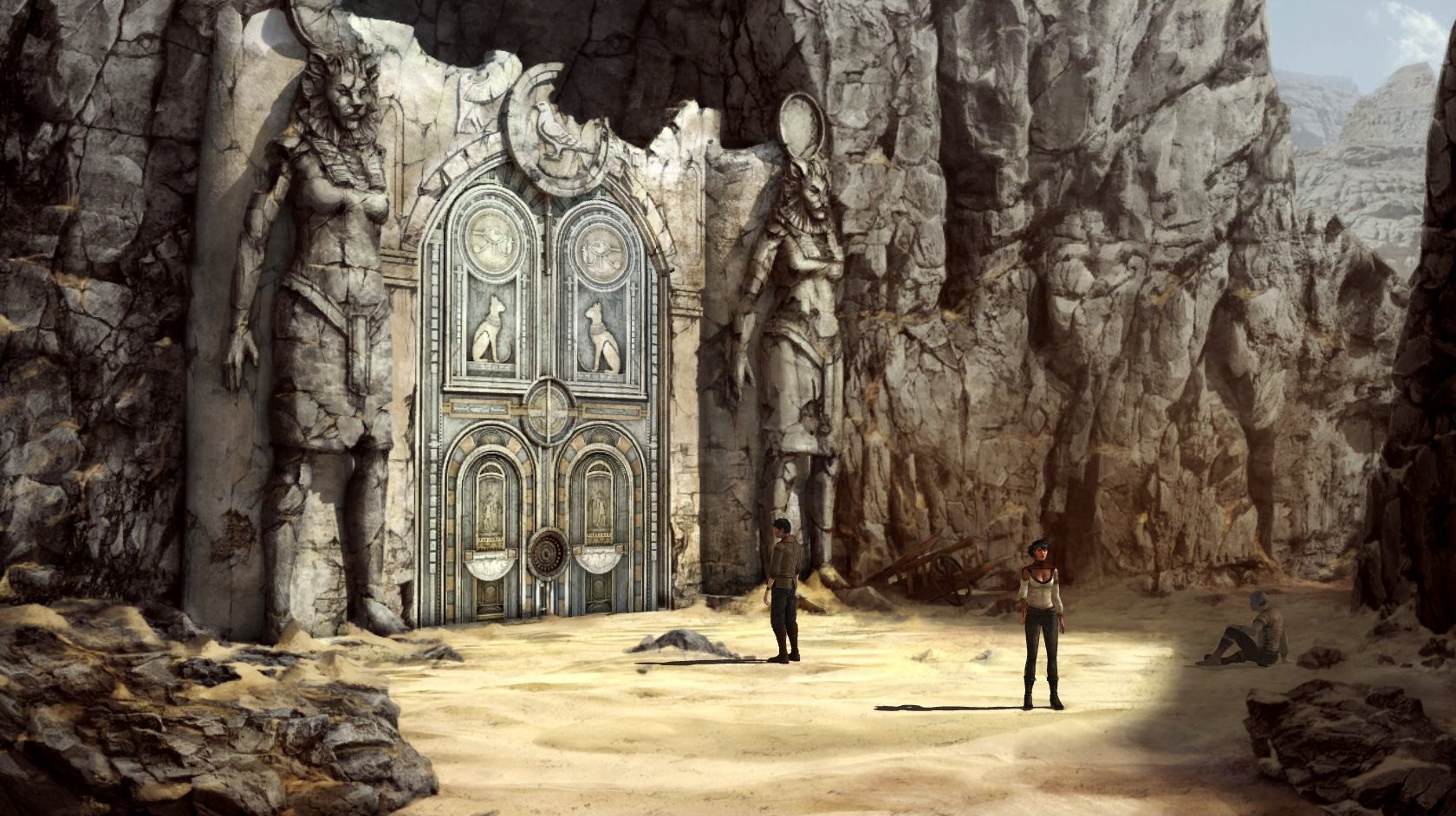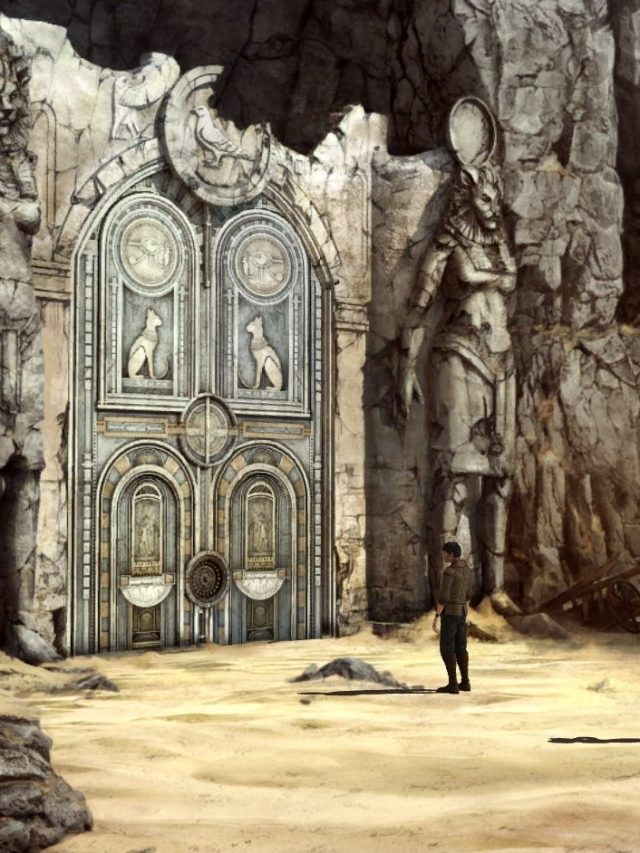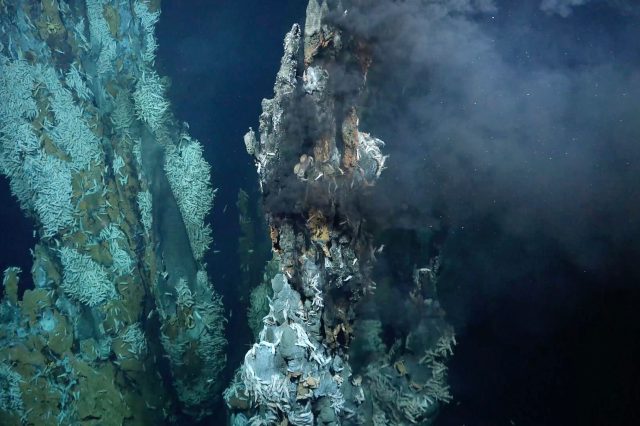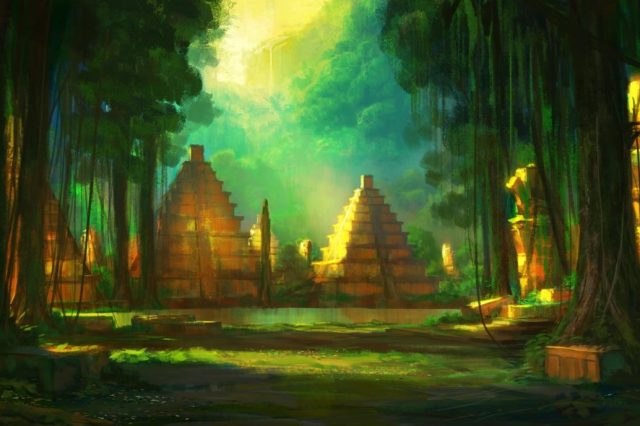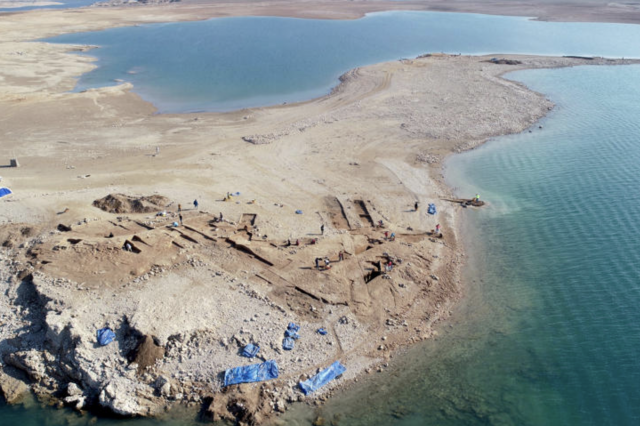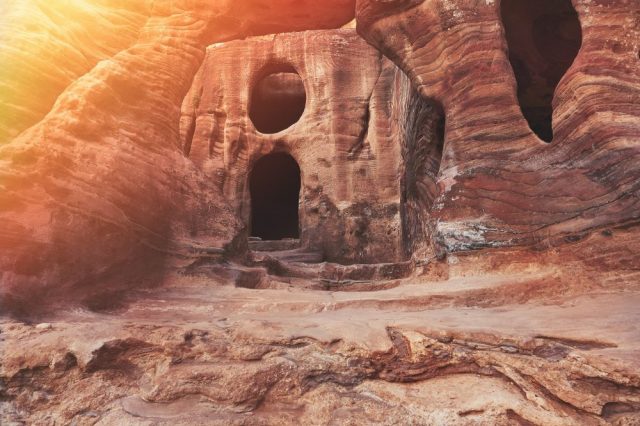Its inhabitants, who were said to be descendants of the ancient Egyptians, had concealed the city's location to protect their wealth.
The Enigma of Zerzura
Introduction
In the unforgiving heart of the Sahara Desert, legends speak of Zerzura, a mythical city of gold and riches that vanished without a trace. For centuries, adventurers and explorers have sought the elusive city, only to be swallowed by the sands of time. The Lost City of Zerzura continues to captivate the imagination as scholars and treasure hunters alike endeavor to unearth its secrets. What is the truth behind this ancient city, and does it still lie hidden in the vast expanse of the Sahara? Is the Atlantis of the Sahara real? And could there be a connection between the two?
The Legend of Zerzura
Origins and Folklore
The story of Zerzura dates back to at least the 13th century when Arab geographers and travelers began documenting the city’s existence in their writings. According to these early accounts, Zerzura was a resplendent oasis city adorned with gold and precious stones. Its inhabitants, who were said to be descendants of the ancient Egyptians, had concealed the city’s location to protect their wealth.
As the legend evolved, so too did the descriptions of Zerzura. Some versions of the tale tell of a city protected by enchantments, while others claim that a sleeping king and his entourage guarded the city’s entrance. Still, others suggest that Zerzura lies hidden beneath the sands, waiting for the right moment to rise again.
European Exploration and the Quest for Zerzura
The legend of Zerzura captured the attention of European explorers during the Age of Exploration, as they ventured into the African continent in search of wealth and new lands. In the early 19th century, the search for Zerzura became a fixation for adventurers and scholars, fueled by tales of other lost cities, such as Atlantis and El Dorado.
Throughout the 19th and early 20th centuries, several expeditions were launched to locate Zerzura. Many of these quests ended in tragedy, with explorers perishing in the harsh desert conditions or falling victim to local hostilities. Despite these setbacks, the allure of Zerzura remained strong, and its legend continued to grow.
Modern Research and Theories
Archaeological Evidence and Satellite Imagery
With the advent of modern technology and satellite imagery, researchers have gained new tools to aid in the search for Zerzura. While no definitive evidence of the city’s existence has been found, some tantalizing clues have emerged. In recent years, satellite images have revealed ancient riverbeds and potential settlement sites in the Sahara, suggesting that the region may have once supported thriving communities.
Some archaeologists have proposed that Zerzura may be a conglomeration of several ancient settlements that have since been lost to the sands of time. These settlements may have been part of a once-prosperous network of trade routes and oasis towns that thrived in the region thousands of years ago. As the climate changed and the Sahara Desert expanded, these settlements could have been abandoned, with their remnants gradually being buried beneath the shifting sands.
Recent discoveries in the region have bolstered the idea that the Sahara once supported complex societies. For example, the discovery of the Nabta Playa ceremonial site in modern-day Egypt, which dates back to around 7000 BCE, suggests that advanced cultures existed in the area even before the rise of the Egyptian civilization. Additionally, the Garamantes civilization, which flourished in the Libyan part of the Sahara between 500 BCE and 700 CE, demonstrates that complex urban centers could thrive in this harsh environment.
Theories Regarding Zerzura’s Location
In the southern reaches of the Sahara?
Several theories have been proposed regarding the possible location of Zerzura. Some scholars believe that it may lie in the western desert of Egypt, while others suggest that it could be found in present-day Libya or Chad. Still, others argue that Zerzura might have been located in the southern reaches of the Sahara, in areas now part of Niger or Mali. One of the most intriguing theories is based on the discovery of an ancient map known as the “Map of the Hermit,” which dates back to the 15th century. This map depicts a walled city in the heart of the Sahara Desert, surrounded by mountains and palm trees. Some researchers believe that this city may represent Zerzura, although the map’s accuracy and authenticity have been questioned.
Ongoing Search for Zerzura
Despite the lack of concrete evidence, the search for Zerzura continues to captivate the imagination of researchers and enthusiasts alike. Expeditions into the Sahara continue to be organized in the hopes of uncovering this legendary city, or at least finding traces of the ancient civilizations that may have inspired the myth. Modern technology, such as satellite imagery, ground-penetrating radar, and LiDAR, has greatly enhanced the ability of researchers to explore and map the vast desert landscape.
Furthermore, the study of ancient texts, oral histories, and local folklore remains essential in the quest to piece together the puzzle of Zerzura. By combining these traditional sources of information with cutting-edge technologies, researchers hope to one day uncover the truth behind this enigmatic lost city.
In conclusion, while the existence of Zerzura remains unconfirmed, the persistent search for the city has led to valuable discoveries about the ancient civilizations that once inhabited the Sahara. With the continued development of technology and the dedication of researchers and explorers, the mysteries surrounding Zerzura may eventually be unraveled, shedding light on the rich and complex history of the Sahara Desert and its people.

